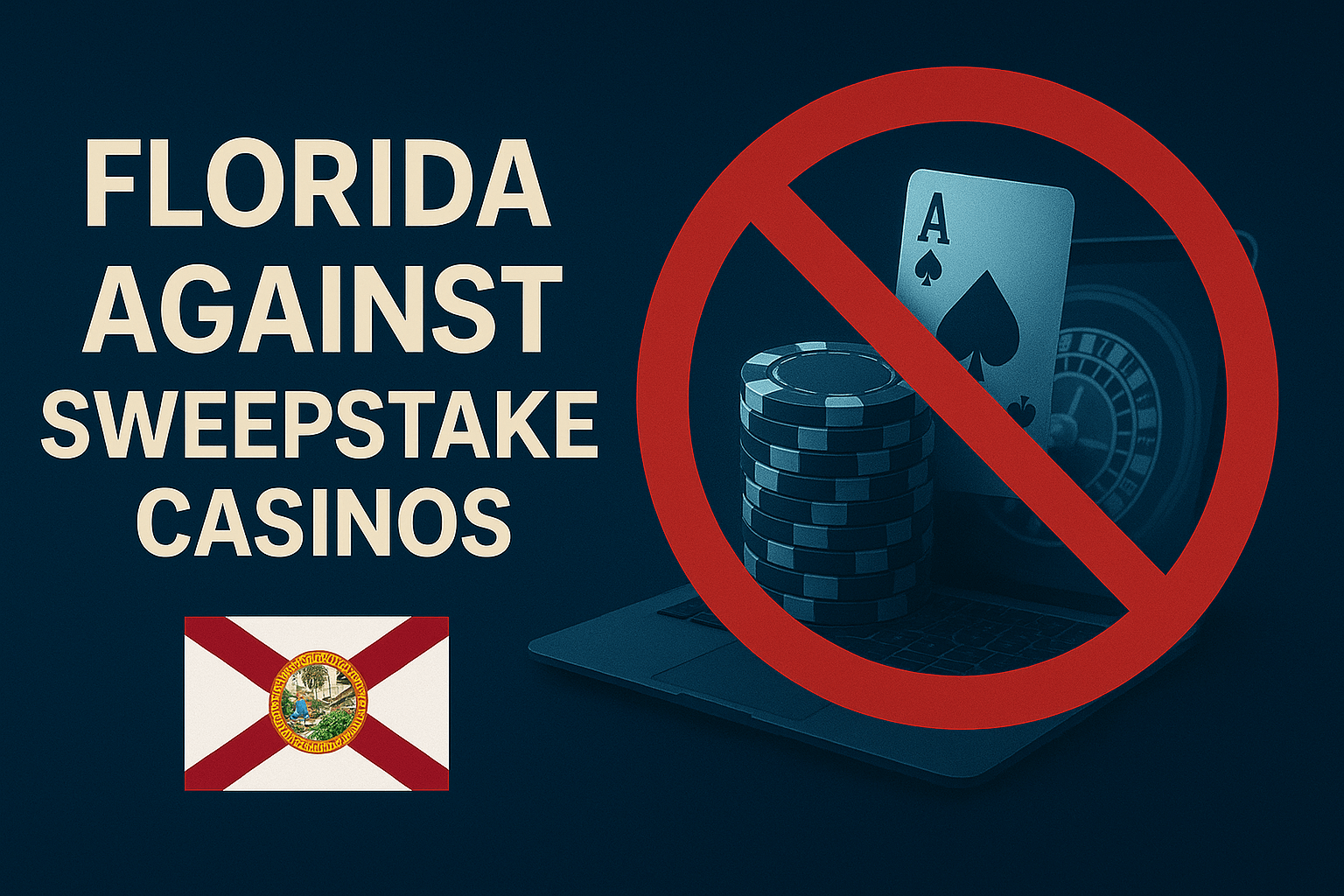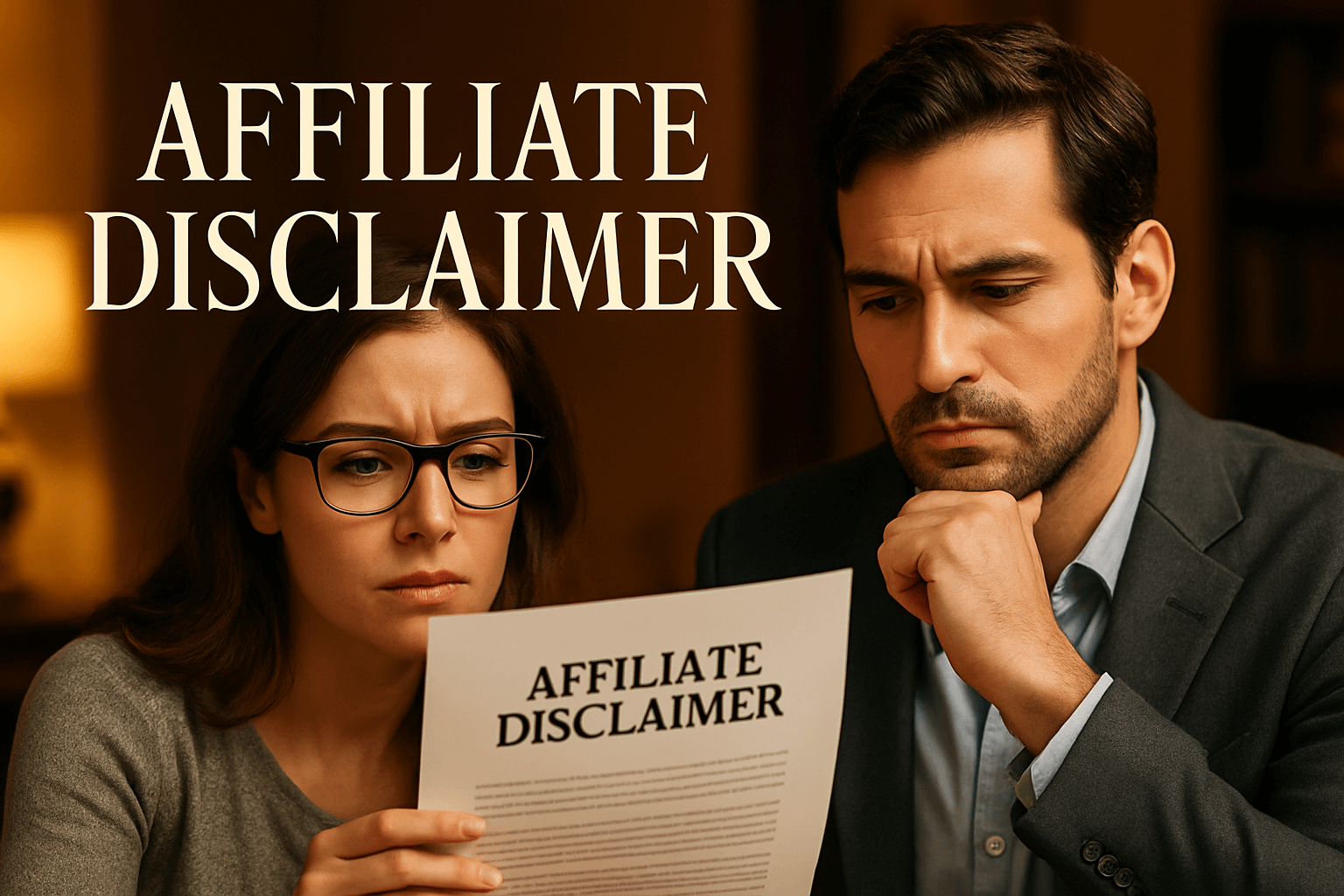When the Florida Gaming Control Commission fires off three cease-and-desist letters before lunch, you can bet regulators across the U.S. are refreshing their inboxes. This month the FGCC told Milvus Ltd. (BetUS), Harp Media B.V. (Bovada), and Gaming Services Provider N.V. (MyBookie) to quit the Sunshine State or face the legal heat. For an industry that once treated gray-market traffic as low-hanging fruit, Florida’s move rewrites the map overnight.
Why Florida’s Shot Across the Bow Matters More Than Previous Crackdowns
To be frank, cease-and-desist letters aren’t new; Bovada alone has a collection rivaling a college acceptance wall. Yet Florida’s action lands differently for four reasons.
- Centralized Gaming Authority – The FGCC, born in 2022, now controls everything from pari-mutuel oversight to tribal compact compliance. A single agency means faster enforcement cycles—no jurisdictional ping-pong.
- Hard Rock Bet Benchmark – With Seminole Tribe’s Hard Rock Bet deemed the only lawful online sportsbook in the state, regulators have a golden yardstick for “legal” versus “illicit.” Offshore brands can’t hide behind ambiguity.
- Political Optics – Florida’s governor faces reelection talk and won points in 2021 by green-lighting the Seminole compact. Protecting that revenue stream is now a bipartisan photo-op.
- Ripple Effect Potential – States like Michigan used letters to push Stake.us and LuckyLand off the board; Florida’s larger population and tourism footprint amplify economic stakes.
Ross Marshman, FGCC’s executive director, framed the narrative succinctly: “Gaming, both land-based and online, is strictly regulated in Florida… Bettor beware.” Translation: ignorance won’t save you from forfeited winnings or frozen crypto wallets.
Offshore Operators’ Typical Playbook—and Why It’s Cracking
Historically, gray-market sites relied on three shields: jurisdictional loopholes (Curaçao, Panama), payment shell hops, and brand inertia among casual bettors. Florida’s hostility punctures each.
- Loophole Shrinkage – FGCC letters cite unlicensed slot and table games, triggering state-level felony statutes. Suddenly a Curaçao stamp stops warding off prosecution anxiety.
- Payment Choke Points – U.S. processors observing Operation Chokepoint 2.0 already flag high-risk MCCs; a public cease-and-desist turns “maybe” into red-flag removal.
- Brand Inertia – When mainstream newspapers echo the warning, Bovada’s cachet falters. User exit waves from 20 prior states prove fear campaigns work when reinforced by regulators.
Have you considered the downstream impact on affiliate portfolios still flogging these brands? Expect clawbacks, unpaid invoices, and damaged SEO equity when redirects vanish.
Lessons from Michigan’s Success Playbook
Michigan’s MGCB triggered VGW LuckyLand’s exit by pairing legal threats with loud PR, framing illegal sites as tax thieves depriving classrooms and first responders. Florida’s tourism and education boards can replicate that narrative overnight: lost dollars mean fewer beach patrols and teacher grants. Operators banking on quiet settlements misjudge the optics game.
Quick Comparison—Michigan vs Florida Tactics
| Lever | Michigan 2023 | Florida 2025 | Effect Amplifier |
|---|---|---|---|
| Public PR Blast | Governor + MGCB presser | FGCC statement + sports radio ads (rumored) | Broader audience |
| Target Brands | Stake.us, LuckyLand, PredictionStrike | Bovada, BetUS, MyBookie | Higher traffic |
| Enforcement Backup | Local AG warnings | Potential civil penalties via state courts | Financial teeth |
Momentum suggests a multi-state pincer: Mississippi, Indiana, and Louisiana regulators have grumbled about non-responsive letters for months. Florida’s aggressive stance could provide them cover to escalate.
What Legitimate Operators Should Do Now
1. Geo-Fence Florida Aggressively
Pull out the IP-ASN combo filters, add device GPS prompts, and blacklist VPN nodes known to terminate in Miami or Tampa. Self-exclusion walls aren’t enough—hard blocks display compliance virtue.
2. Audit Affiliate Creatives for Florida Leakage
Affiliate IDs tied to Florida traffic risk mass clawbacks when revenue turns “illegal.”
Deploy click-stream anomaly detection; anything >1 % Florida IP share triggers manual review.
3. Re-educate Players
Email campaigns clarifying license status (“We are not available in Florida”) reduce future chargebacks. Remember, Florida bettors can now claim ignorance less credibly, so transparency shields you later.
4. Brace for Payment Processor Inquiries
Hand payment partners your license certificates proactively. A single “high-risk gambling” flag in the metadata can throttle volumes across all states.
Strategic Perspective for Offshore Holdouts
You can ignore the letter—Mississippi’s Jay McDaniel admits many do—but risk escalates:
- Asset Forfeiture – Florida may coordinate with federal agencies to seize U.S.-based domain assets or payment stashes.
- Domain Blocks – ISPs have cooperated with state AGs on piracy takedowns; gambling isn’t far behind.
- Reputational Rot – Forums circulate blacklists quickly; brand trust erodes faster than lifetime value grows.
The smarter pivot echoes Bovada’s earlier retreats: geo-block, pivot to untouched markets, and invest in license pursuits where feasible. The cost of compliance pales next to multi-state whack-a-mole.
The Bigger Trend—States Turning Hostile to Sweepstakes Casinos
Sweepstakes models once skirted definitions you’d find in Black’s Law Dictionary. Regulators now bundle them with offshore sportsbooks, emphasizing consumer recourse voids and tax leakage. American Gaming Association chief Bill Miller cheers the clampdown, calling it “state power leveled against illegitimate actors.” Expect more cease letters, heavier fines, maybe even federal legislative riders piggybacked on consumer-protection bills.
For affiliates, the ground shifts underfoot. Deposits may surge temporarily as Florida bettors scramble before the lights dim, but unpaid commissions loom. Diversification toward licensed brands—yes, even if CPA terms look skinnier—has never felt safer.
Final Thought
Florida’s hostility signals the end of sunshine-state complacency toward sweepstake and offshore casinos. Operators can treat the cease-and-desist as background noise or as the thunderclap before an enforcement storm. Players will follow confidence; affiliates will follow paid invoices. The question is whether gray-market brands adapt to regulation or cling to shadows until the last exit door slams shut.
Which side of that line will define your roadmap for 2025?




